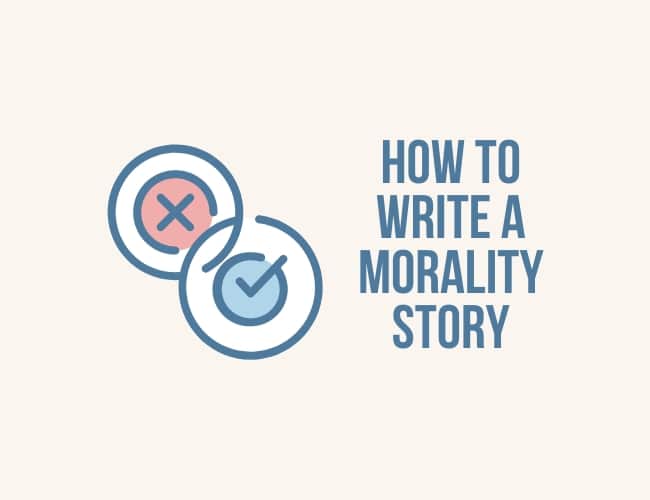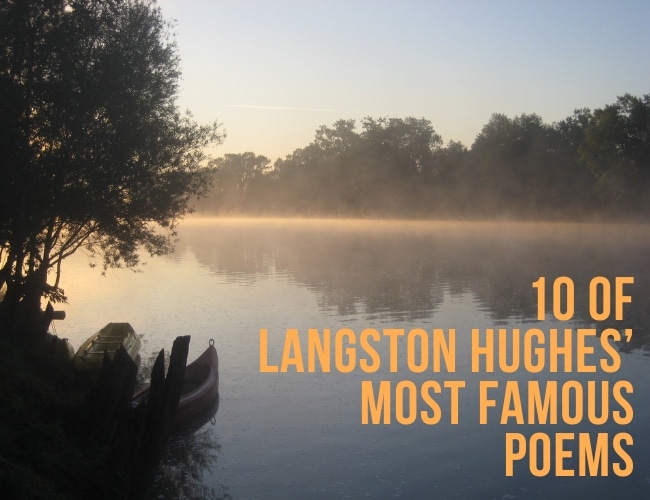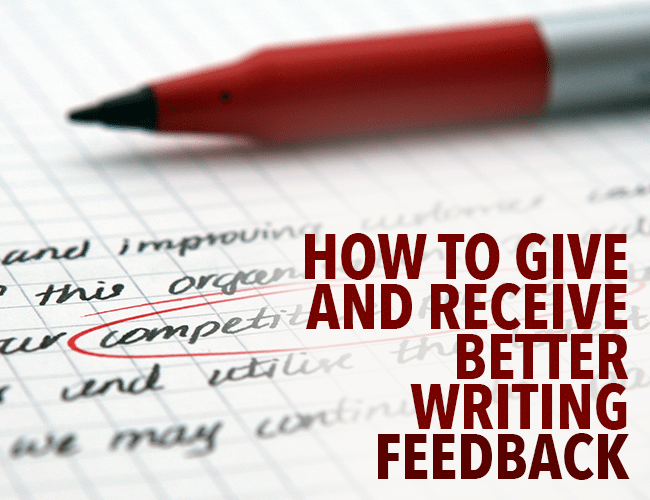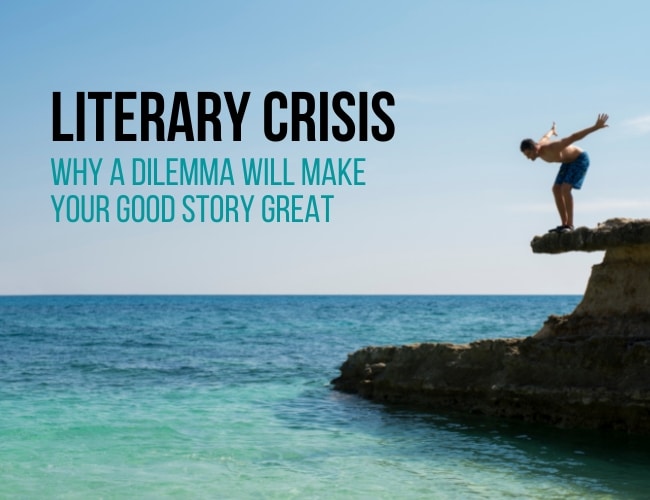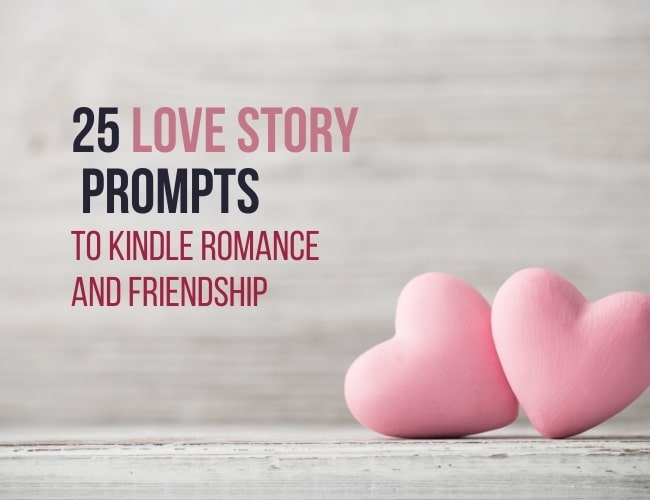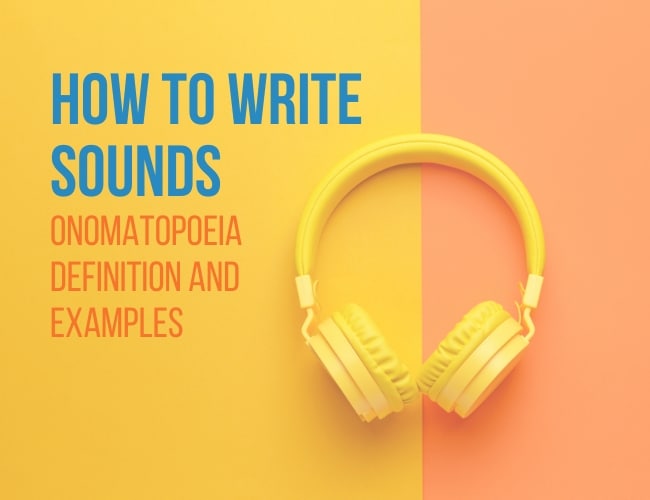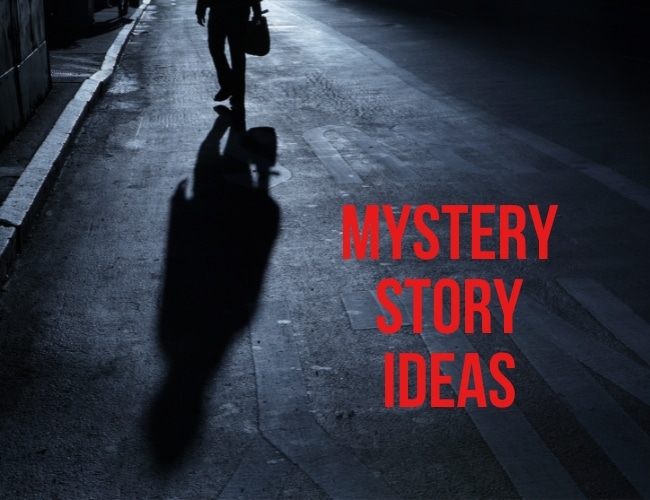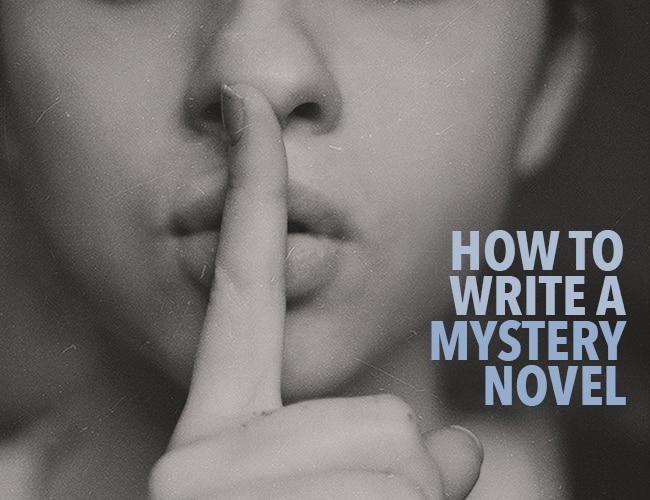If you have a main character whose crisis tempts them to veer outside of their values, then you likely have a morality plot. Sometimes the choice is one of selfishness at the expense of others, other times, it is selflessness at the expense of self. But the character’s moral fiber, their soul, is always on the line. Let’s look at how to write a temptation or morality plot.
